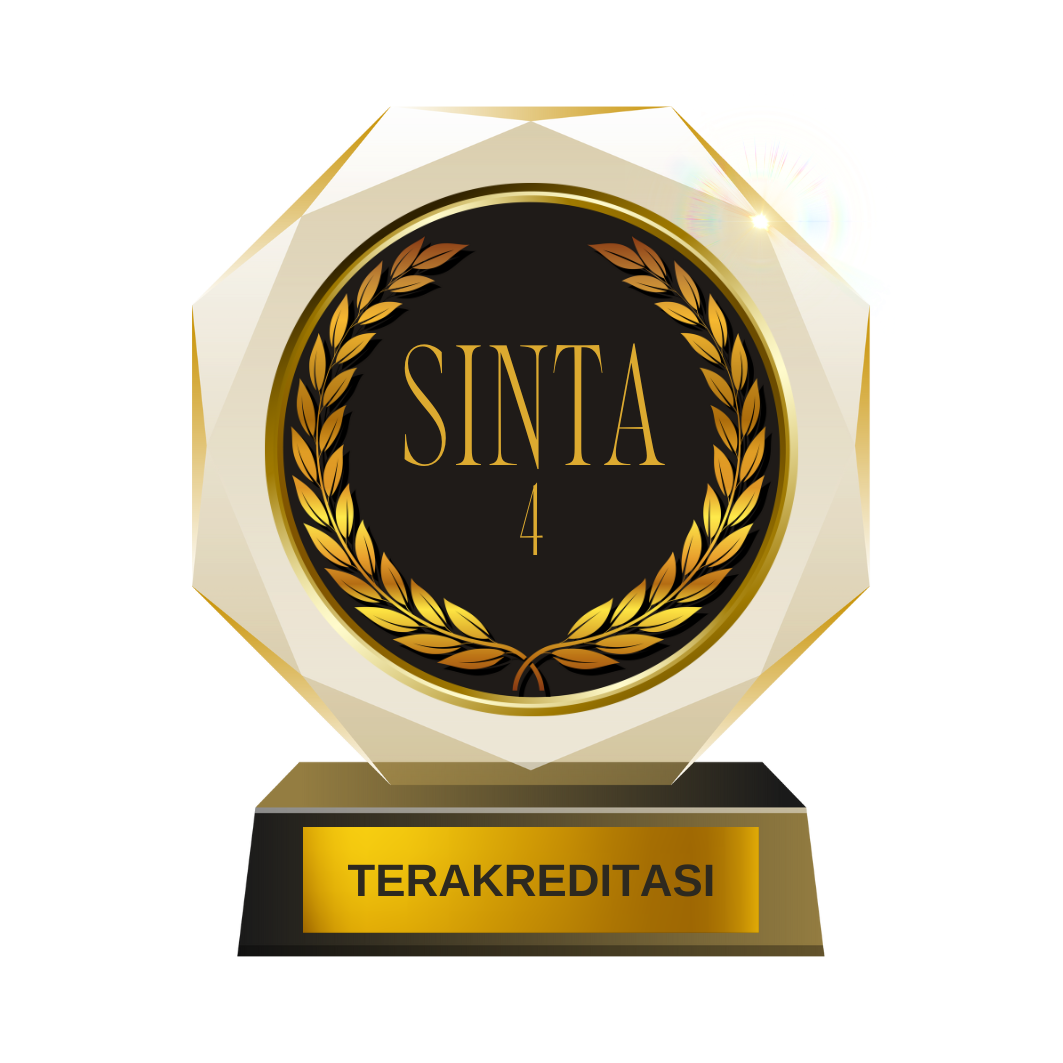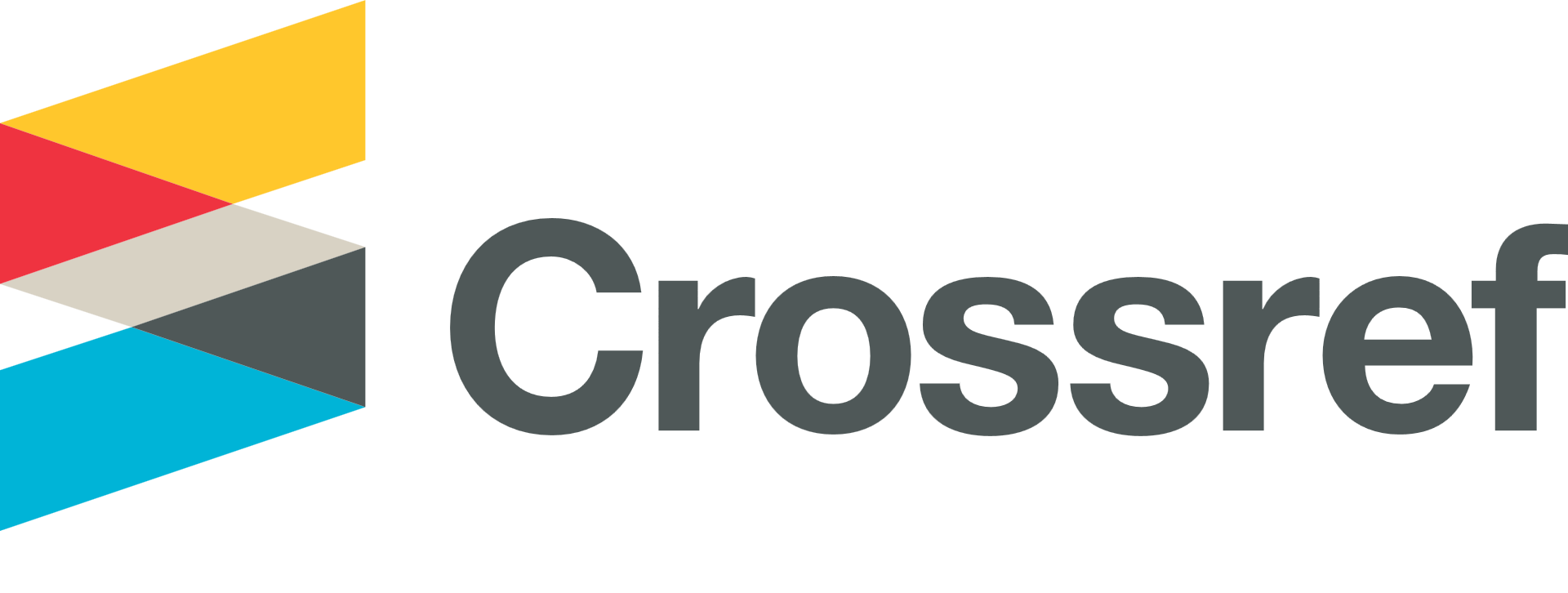Thesis Defense Scheduling Optimization Using Harris Hawk Optimization
DOI:
https://doi.org/10.52985/insyst.v6i2.361Keywords:
Evolutionary Computation, Harris Hawk Optimization, Scheduling, Time TableAbstract
This research discusses how the Harris Hawk Optimization (HHO) algorithm handles scheduling problems. The scheduling of thesis defenses at the Institut Sains dan Teknologi Terpadu Surabaya (ISTTS) is a complex issue because it involves the availability of lecturers, teaching/exam schedules, lecturer preferences, and limited room and time availability. The scheduling constraints in this research are divided into two categories: Hard Constraints and Soft Constraints. Hard constraints must not be violated, including each lecturer's unique availability, conflicts, and existing exam or teaching schedules. Soft constraints, on the other hand, include preferences for specific days or rooms for the defense. The complexity of scheduling due to these two types of constraints leads to longer scheduling times and an increased likelihood of human error. To automate and optimize this process, the author employs the HHO algorithm. HHO is inspired by the behavior of the Harris Hawk, known for its intelligence and ability to coordinate while hunting. The results of the HHO algorithm are translated into a slot meter, which helps to map the solution to available time slots. The HHO algorithm can generate schedules that comply with 90% of the hard constraints at ISTTS. Evolutionary algorithms typically have high complexity and computational time; in this case, the researcher experimented with multiprocessing. Multiprocessing improved the computational time by up to 39%.
References
A. A. Heidari, S. Mirjalili, H. Faris, I. Aljarah, M. Mafarja, and H. Chen, “Harris hawks optimization: Algorithm and applications,” Future Generation Computer Systems, vol. 97, 2019, doi: 10.1016/j.future.2019.02.028.
K. Mesghouni and S. Hammadi, “Evolutionary algorithms for job-shop scheduling,” Int. J. Appl. Math. Comput. Sci, vol. 14, pp. 91–103, Nov. 2004.
C. Liu, “An improved Harris hawks optimizer for job-shop scheduling problem,” Journal of Supercomputing, vol. 77, no. 12, 2021, doi: 10.1007/s11227-021-03834-0.
B. Tagtekin, M. U. Öztürk, and M. K. Sezer, “A Case Study: Using Genetic Algorithm for Job Scheduling Problem,” CoRR, vol. abs/2106.04854, 2021, [Online]. Available: https://arxiv.org/abs/2106.04854
X. Yu and M. Gen, Introduction to Evolutionary Algorithms. in Decision Engineering. Springer London, 2010. [Online]. Available: https://books.google.co.id/books?id=rHQf_2Dx2ucC
J. Kennedy and R. Eberhart, “Particle swarm optimization,” in Proceedings of ICNN’95 - International Conference on Neural Networks, 1995, pp. 1942–1948 vol.4. doi: 10.1109/ICNN.1995.488968.
G. B. Satrya and S. Y. Shin, “Evolutionary computing approach to optimize superframe scheduling on industrial wireless sensor networks,” Journal of King Saud University - Computer and Information Sciences, vol. 34, no. 3, 2022, doi: 10.1016/j.jksuci.2020.01.014.
M. B. Wall, “A Genetic Algorithm for Resource-Constrained Scheduling by,” Design, 1996.
E. Dinata, H. Budianto, and H. Armanto, “Hyper Sudoku Solver dengan Menggunakan Harris Hawks Optimization Algorithm,” INSYST: Journal of Intelligent System and Computation, vol. 2, no. 1, pp. 20–27, Apr. 2020, doi: 10.52985/insyst.v2i1.153.
B. Milenković, “Implementation of Harris Hawks Optimization (HHO) algorithm to solve engineering problems,” Tehnika, vol. 76, no. 4, 2021, doi: 10.5937/tehnika2104439m.
H. Armanto, R. Kevin, and P. Pickerling, “Perencanaan Perjalanan Wisata Multi Kota dan Negara dengan Algoritma Cuttlefish,” INSYST: Journal of Intelligent System and Computation, vol. 1, no. 2, pp. 99–109, Dec. 2019, doi: 10.52985/insyst.v1i2.91.
M. Aldasht, M. Alsaheb, S. Adi, and M. A. Qopita, “University course scheduling using evolutionary algorithms,” in 4th International Multi-Conference on Computing in the Global Information Technology, ICCGI 2009, 2009. doi: 10.1109/ICCGI.2009.15.
F. Rothlauf, “Representations for Evolutionary Algorithms,” in GECCO’12 - Proceedings of the 14th International Conference on Genetic and Evolutionary Computation Companion, Nov. 2011, pp. 1191–1212. doi: 10.1145/2330784.2330921.
Downloads
Additional Files
Published
How to Cite
Issue
Section
License
Copyright (c) 2024 INSYST: Journal of Intelligent System and Computation

This work is licensed under a Creative Commons Attribution-NonCommercial-ShareAlike 4.0 International License.








